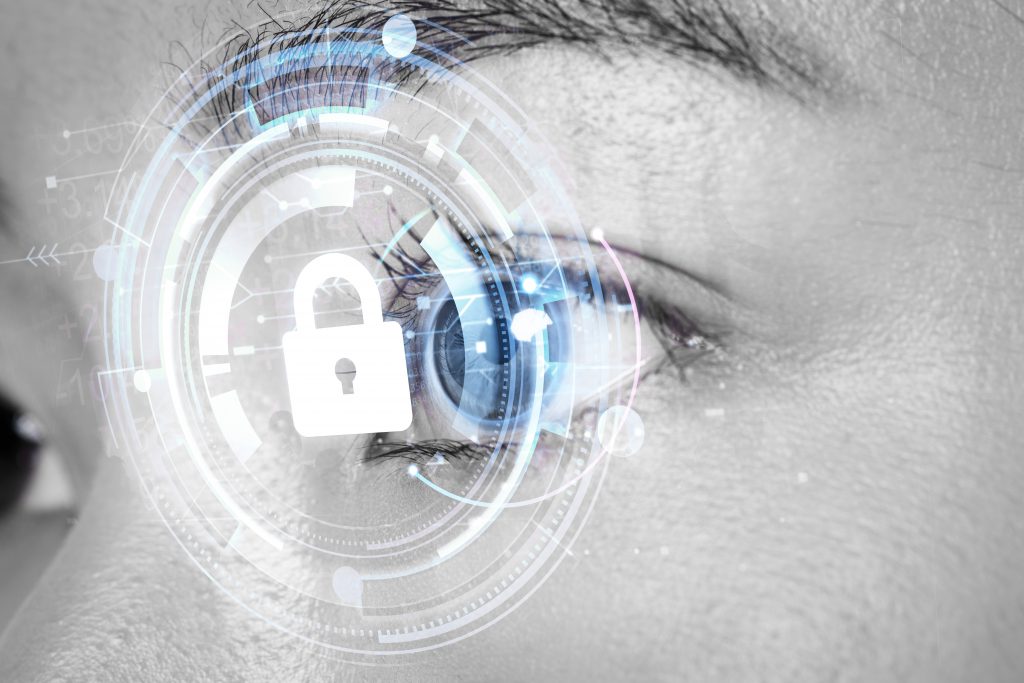Employee identity screening is an important aspect of the hiring process that helps companies to verify the identity and background of potential employees. In recent years, the scope of employee identity screening has expanded, driven by a combination of technological advancements, security concerns, and regulatory requirements. As we progress into 2023, it is important for companies to be aware of the latest trends in employee identity screening to ensure that they are making informed decisions and staying ahead of the curve.
Some of the key trends in employee identity screening for 2023 include the increased use of Artificial Intelligence (AI) to automate various aspects of the screening process, the integration of employee identity screening with HR technologies, and the emphasis on privacy and data protection.
Remote verification and social media analysis are also becoming more common as remote work becomes more widespread. Furthermore, companies are moving towards continuous employee identity screening to ensure that employees are continually vetted and to prevent security threats from arising in the future.
The need and evolution of identity screening in the last decade
The need for employee identity screening has evolved significantly in the last decade due to a variety of factors, including the growing global threat of terrorism, the increasing risk of workplace fraud and theft, and the rise of cybercrime. Companies are now realizing the importance of confirming the identity of potential employees to prevent security threats and ensure a safe and secure work environment.
In the early 2000s, employee identity screening was primarily focused on criminal background checks. However, in the last decade, identity screening has expanded to include identity and document verification. Other checks like education and employment verification add an extra layer of security to the hiring process.
The rise of technology has also played a significant role in the evolution of employee identity screening. Automated background check systems and AI tools are now widely used to perform background checks and verify employment history, making the process faster and more efficient. Additionally, the increasing use of biometric authentication methods, such as fingerprint scanning and facial recognition, has helped to ensure the accuracy and security of identity screening.
Finally, the increasing focus on global data privacy regulations, such as the General Data Protection Regulation (GDPR), has also played a role in the evolution of employee identity screening. Companies are now looking to comply with these regulations and ensure that data collected during the screening process is handled securely and properly disposed of when no longer needed.
6 new trends for identity screening in the hiring process
- Increasing Use of Artificial Intelligence : Companies are leveraging AI to automate various aspects of the employee screening process. AI tools can be used to perform background checks, verify employment history, and even analyze social media profiles.
- Growing Importance of Biometrics : Biometric authentication methods, such as fingerprint scanning and facial recognition, are becoming increasingly popular for employee identity screening. This helps to ensure that only authorized individuals have access to sensitive information and helps prevent identity theft.
- Focus on Global Compliance : Companies are increasingly looking to comply with global data privacy regulations, such as the GDPR, when conducting employee identity screening. This includes ensuring that data collected during the screening process is handled securely and properly disposed of when no longer needed.
- Emphasis on Privacy : With the rise of data privacy concerns, companies are placing a greater emphasis on protecting the privacy of potential employees during the identity screening process. This includes ensuring that data collected during the screening process is kept confidential and used only for the purposes for which it was collected.
- Integration with Other HR Technologies : Companies are looking to integrate employee identity screening with other HR technologies, such as applicant tracking systems and human capital management systems. This helps to streamline the recruitment process and ensure that relevant information is easily accessible to HR teams.
- Shift towards Continuous Screening : With the changing nature of the workforce, companies are looking to move towards continuous employee identity screening. Keeping a regular track of employees can help reduce liabilities for the organization and increase security within the workplace.
Conclusion:
Companies need to stay up-to-date with the latest developments to ensure they are providing a secure work environment for their employees, while also protecting their assets. By embracing these new trends, companies can ensure that their recruitment processes are efficient, effective, and in line with the latest industry best practices.
About cFIRST:
cFIRST is a global background screening platform that lets companies make better-informed hiring decisions through analytical insights. Over the years, cFIRST has become a trusted verification partner for Fortune 500 Companies and new-age start-ups alike.






